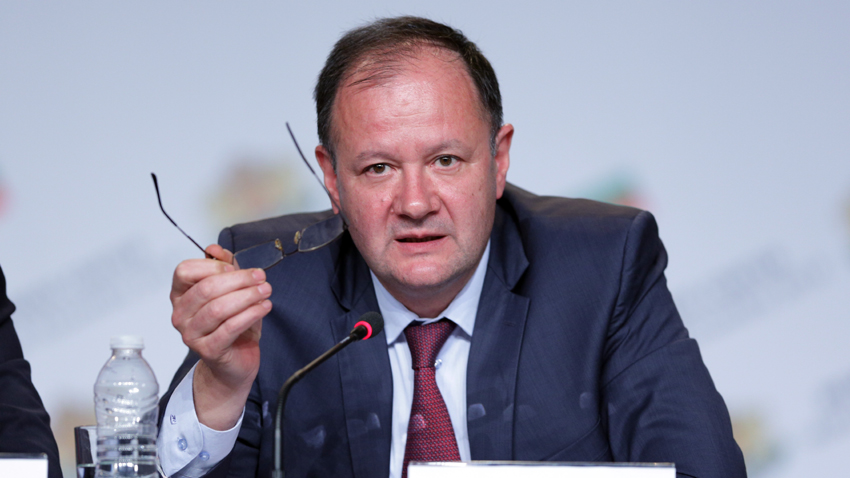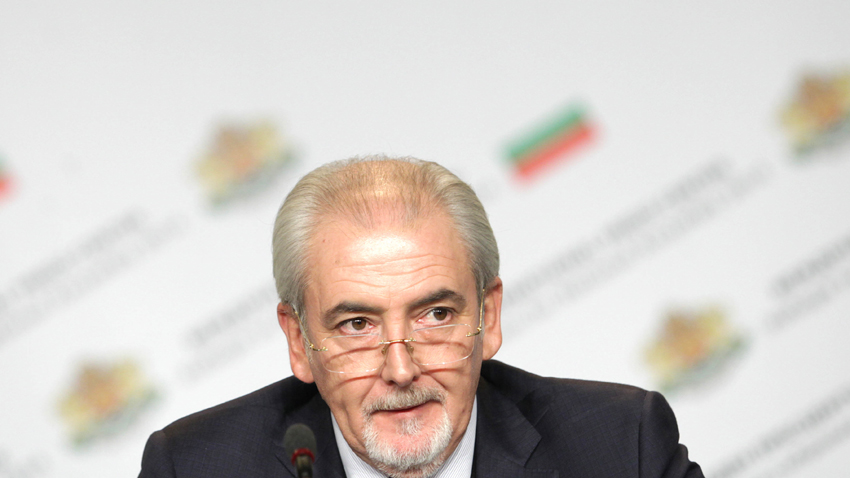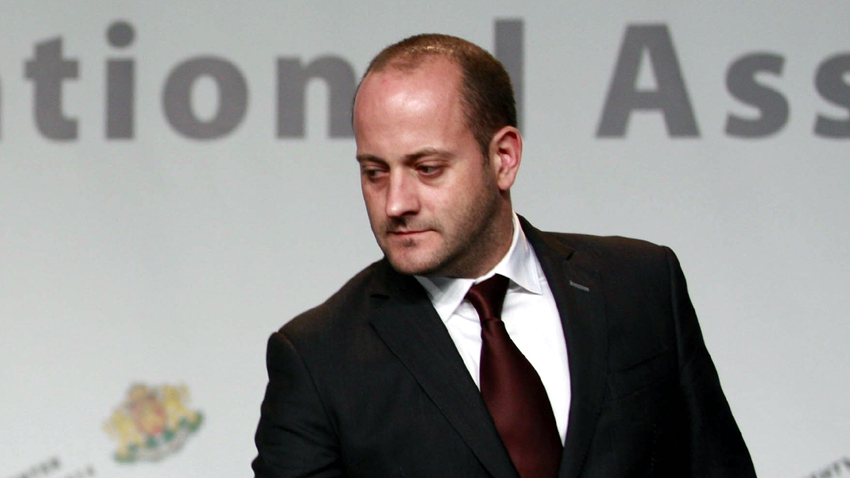A heavily fragmented parliament, a slim chance of forming a coalition and even slimmer chances for stable government: this is clearly seen in the figures from the snap parliamentary elections held on 5 October - the second ones for the last two years in Bulgaria. Once again, there is a clear winner, center-right GERB (Citizens for European Development of Bulgaria) but once again, similar to the outcome of the 2013 elections, GERB has fallen well short of an overall majority in parliament implying that political stability is questioned.
"I cannot see how the government will be composed”, GERB leader Boyko Borisov admitted after exit polls figures were released. However he was also fairly explicit:
"I am ready to take all risks to govern the country, because GERB is the fittest party for the job. I should like to ask my fellow party leaders to sleep with the results tonight and come up with a sober evaluation of how far one can go with one's claims with just a mere 5 to 6 percent of the vote. I would advise them to forget about personal interests and take care of the country. To all who see in me an obstacle I would say that it is absolutely normal for the winner to single out the prime minister, because this is the party fittest for the job. Let my fellow party leaders think about what will happen after another two months of election campaigning and a caretaker administration”, Borisov said.

"It is still unclear how many parties will enter parliament, however it is obvious that the 43rd National Assembly will be heavily fragmented, Bulgarian Socialist Party leader Mihail Mikov said:
"Voters have determined our role as an opposition in this parliament. This obliges us to be a constructive and loyal opposition that is going to support all law-making decisions which are nationally responsible and necessary. We have to see how negotiations will begin on a possible government composition. The responsibility for such talks is with the winner, GERB, and I use the occasion to congratulate them on the victory. We are going to join talks on national priorities but we have ruled out any secret talks and agreements on power sharing."

"Elections to the max is the most irresponsible decision”, the leader of the Movement for Rights and Freedoms Lutvi Mestan argued. He added that the first exploratory mandate to form a government should turn out successful. „All other scenarios would place Bulgaria into a regime of a crisis that will remain unresolved”, Mestan contended:
"Despite the complex situation created by the vote of the people, the Movement for Rights and Freedoms (MTF) is going to work to the benefit of a consensus as a basis of the new government that is European and Atlantic in terms of content and national in essence. To us the thesis about the need of rehabilitation of the country's European-Atlantic image is not a hollow phrase but rather a real call for Euro-Atlantic policies.”

"We have to unite based on an optimal program so as to be useful to the people”, said Radan Kanev, one of the readers of the Reformist Bloc.
"No ideal coalition is possible in this parliament and this clearly shows the crisis of trust in society and the depth of the political crisis. As early as December last year we suggested that the next National Assembly should have a short mandate in which a coalition would be formed based on a clear short-term program with urgent reforms held in a matter of weeks and months. So, the point laid out in our program for a two-year mandate of parliament is quite relevant and I would say, inevitable.”

"The Patriotic Front is ready for negotiations with all parties apart from MRF and the Reformist Bloc”, the co-chairman of the coalition Patriotic Front, including the National Front for the Salvation of Bulgaria and VMRO, Valery Simeonov was explicit. Is he satisfied with the showing of the coalition in the polls?
"Honestly, I expected even wider support for the only patriotic player in the election. Well, it is people that decide in the end. We cannot frown at election results.”
In case neither of the three possible parties - the first two in election results and a third one selected by the Bulgarian President Rosen Plevneliev - whom he hands over a mandate, succeeds in composing a regular government /the third in under two years/, the head of state will dissolve the new National Assembly and will appoint a new caretaker cabinet until new snap elections are held. This could very well be the current administration led by Georgi Bliznashki. However this scenario is a direct path to elections to the max and an even worse instability. Otherwise, a government of GERB and BSP borrowed from the German model of a grand coalition is mathematically possible and it has already been tested, sources claim. Before that however we are bound to see a major bargaining and a few shuttles between party headquarters. For winner Borisov the bleakest scenario is a new early vote but hopefully he is ready to do his best to prevent this. There have been encouraging hints in this sense from BSP, DPS and even from the Reformist Bloc without ruling out even the Patriotic Front.
English Daniela Konstantinova
Photos: BTA and BGNES
GERB leader Boyko Borissov has sent a letter to the We Continue the Change-Democratic Bulgaria (PP-DB) coalition proposing a way out of the political crisis. The information was confirmed by BNR sources. Borissov has proposed that the leader of..
The members of parliament will continue their session at 10 AM on November 22, following yet another unsuccessful attempt to elect a Speaker of the National Assembly. In the last vote on Wednesday, November 20, the candidacies of Raya Nazaryan from..
Nearly a month after the 27 October early parliamentary elections, the 51st National Assembly is still not able to begin its work because MPs are unable to elect their first among equals. Bulgaria's political impasse is compounded by burning concerns..

+359 2 9336 661
